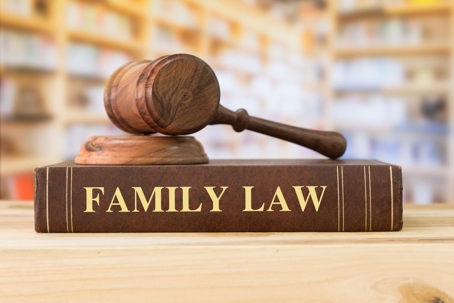Introduction
The admission of electronic evidence poses difficulties in all forms of litigation, especially family litigation as the verity of the evidence is intrinsically tied to the credibility of the parties. The recent Ontario Superior Court of Justice case of Lenihan v Shankar, 2021 Carswell Ont 364 (S.C.J) highlights the damage that falsified electronic evidence can have on a parent’s credibility.
Background
The parties were only married for a short time and had one daughter together. The mother moved to Ontario while still pregnant but since the father was American he had no legal status in Canada and could not join her for a while. The parties actually separated while the mother was still pregnant.
Analysis
Before the trial, the mother stated that she would be serving a will-say statement from a high school friend of Kevin. She indicated that this will-say contained terrible allegations about Kevin. Later the mother decided not to call the high school friend meaning that the father’s counsel had the opportunity to examine her. After cross-examination it became clear that this will-say was a forged document. During trial it was also revealed the mother had her counsel submit a paternity test that indicated that the father was not actually the biological father of the child. The father’s counsel responded by highlighting that this document was a clear forgery and that the probability of paternity fields had been altered as well as the footnotes below the conclusions. The next day, the mother’s counsel withdrew from representing her. Within the course of this one proceeding the mother went through eleven lawyers!
This unique case helped clarify how Family Courts should deal with electronic evidence. The party seeking to have electronic evidence admitted must establish that the document is authentic in that there is "some evidence capable of supporting that the electronic document is what the party adducing it claims it to be." As the Ontario Court of Appeal reiterated in R. v. C.B., 2019 CarswellOnt 7222 (C.A.) the threshold for the admissibility of electronic evidence is very low, “Its only requirement is that the evidence be capable of supporting a finding that the electronic document "is that which it is purported to be."
Conclusion
Therefore, while the mother was able to admit her multiple forged documents she was punished by Justice McGee for this decision. She was ordered to pay full recovery costs and the father was awarded full custody of their child. The credibility of the parties is an analysis that is integral to Family Law. Admission of doctored electronic evidence might be possible however it has a fatal effect on a party’s case.
For more information, please call us at Feldstein Family Law Group P.C. or contact our firm online.


